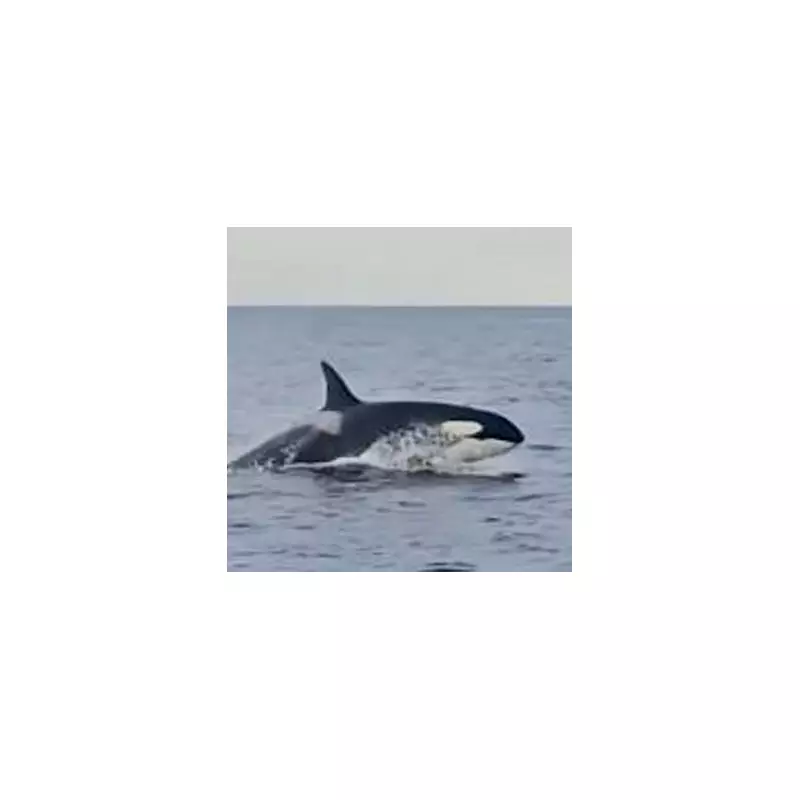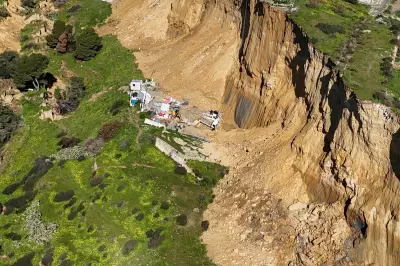
Orca Onslaught: Britain's Waters Become Battleground
Britain's coastal waters have become the stage for a disturbing new phenomenon as killer whales display increasingly aggressive behaviour towards boats. Marine experts are sounding the alarm after recording an unprecedented number of encounters between orcas and vessels in recent months.
A Pattern of Provocation
Eyewitness accounts describe terrifying scenes where pods of orcas deliberately ram into boats, sometimes causing significant damage. In several incidents, the marine mammals have been observed targeting rudders and hulls with what appears to be coordinated precision.
Dr. Eleanor Whitmore, a leading marine biologist at the UK Cetacean Research Institute, explains: "We're witnessing behaviour we've never documented before in UK waters. These aren't random interactions - the orcas are showing clear intent."
Possible Explanations for the Attacks
Scientists have proposed several theories behind this sudden shift in behaviour:
- Disruption of traditional hunting grounds due to climate change
- Increased marine traffic disturbing communication channels
- Learned behaviour spreading through orca social networks
- Possible retaliation for previous negative encounters with boats
The UK Marine Safety Agency has issued new guidelines for vessels operating in areas with orca activity, recommending:
- Maintaining a minimum distance of 200 metres from any visible pods
- Cutting engines when orcas approach
- Avoiding sudden changes in direction or speed
- Reporting all encounters to marine authorities
Tourism Industry on Alert
The surge in aggressive encounters has raised concerns among coastal tourism operators. Whale-watching excursions, normally a highlight for visitors, are being conducted with heightened caution.
"We've had to completely revise our safety protocols," admits James Henderson of Cornish Coastal Tours. "What was once a peaceful experience has become potentially dangerous."
Marine conservationists stress that while the situation demands caution, it shouldn't lead to demonisation of these intelligent creatures. "This is likely their way of responding to environmental pressures," notes Dr. Whitmore. "Understanding their behaviour is key to peaceful coexistence."





